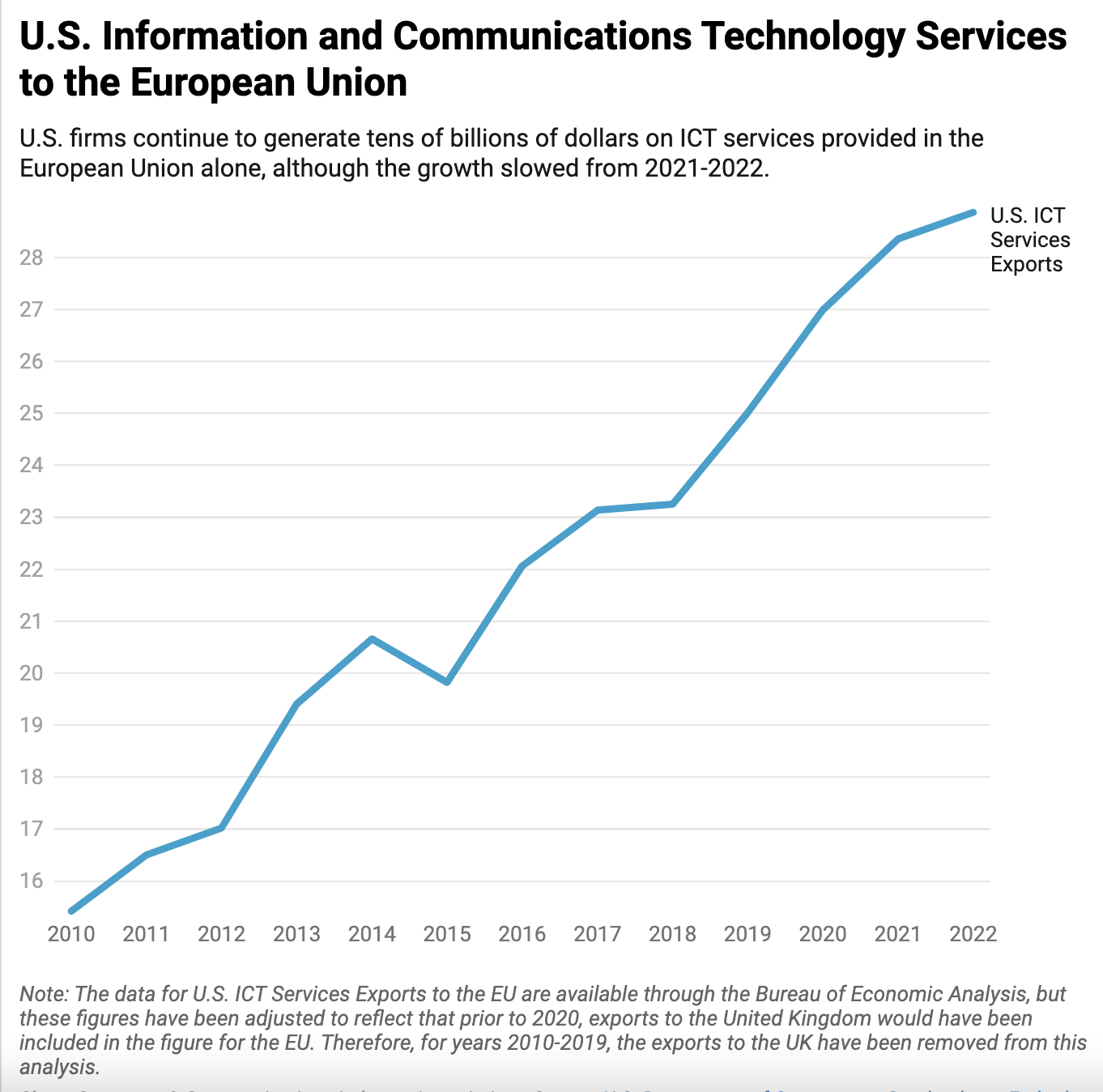Navigating Europe’s Web of Digital Regulation

There can be no doubting the sense of momentum in EU digital policy making right now. Aspirational talk of Europe’s digital decade has been backed up by rapid developments on complex market restructuring under the Digital Markets Act (DMA), and further changes to how digital markets work with the Digital Services Act, the Data Act and the AI Act. These all come on top of existing rules. Under the last Commission, the EU already established itself as the world’s most assertive tech regulator. Far from a “digital wild west”, it is easy to imagine Europe soon having the most complex web of digital regulation in the western world.
The problem is that the DMA, GDPR, the e-Privacy Regulation, the DSA, the Platform-to-Business Regulation, the Data Act and a number of other EU initiatives focusing on the digital economy, are not always entirely consistent, and often have competing objectives. Navigating this overlapping terrain is difficult, for companies but also enforcers. It will have unpredictable consequences, and some questions will likely have to be answered in courts, particularly when obligations and policy objectives conflict.
Take for example the DMA, which in its effort to increase “fairness and contestability”, overwrites the careful balance set out in the GDPR. And the DMA’s openness and access mandates, imposing non-discrimination standards on the treatment of platforms’ business users, could make it harder for platforms to deal with business users who use platforms to spread problematic content (e.g. disinformation, hate speech, malware) or otherwise take advantage of consumers. The DMA is even in contradiction with itself, holding both narrowly scoped economic thresholds designed to target only a handful of US tech companies and per se prohibitions and presumptions of harm that mean the DMA’s codes of conduct will inevitably apply to non-gatekeepers.
In the rush to further regulate “big tech”, it is clear that little consideration has been given to these spillover effects, nor the consumers, business users and smaller platforms who could ultimately be collateral damage. This is all the more concerning given the novelty of the DMA and the lack of adequate safeguards. More regulation and more government control certainly, but will it mean better outcomes?
Europe should not lose sight of what digital success looks like – it is about shoring up the resources and dynamism of the online economy in Europe, it’s about the number of successful tech companies, not the number of regulations. There are a few steps European lawmakers could take, with respect to the DMA in particular, to make it work as intended. Otherwise, the corrections will have to come after the negative effects are felt.
As Matthias Bauer of ECIPE notes, “novelty in regulation can lead to regulatory solutions and economic outcomes that later have to be corrected.” Lawmakers will of course have the chance to revisit the DMA and other overlapping legislation over time, but waiting until negative effects spread throughout the Europe market could make enforcers end up wishing legislators had put in a bit more flexibility in the DMA up front, to empower them to weigh the trade-offs between different policy objectives, and ensure the best outcomes for consumers, business users, competitors, and Europe’s digital economy as a whole.
Hopefully, EU lawmakers will not just focus on individual regulations and laws in isolation, but also how this multiplicity of regulations and objectives interact and overlap. To get the most out of the digital economy, the web of regulation shouldn’t stifle innovation and progress, but encourage it. Making sure legislation has clear paths to navigate conflicts will help ensure that European consumers, business users and non-gatekeeper platforms alike enjoy the benefits that these regulations are meant to create.








